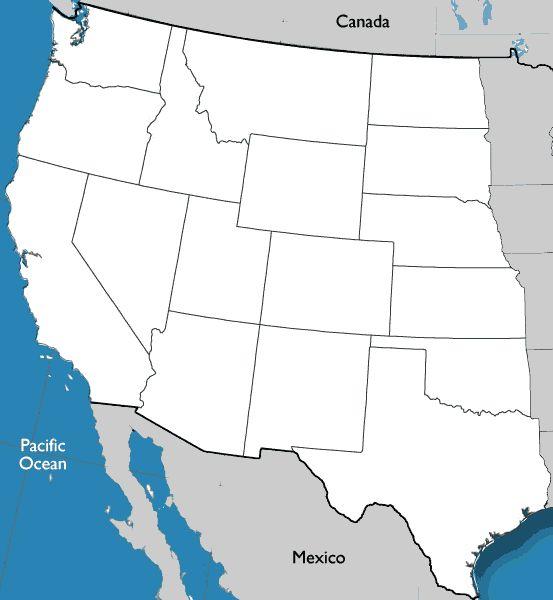In a world where clean energy and grid reliability are becoming increasingly crucial, the time has come for Western states to seriously consider joining regionalized electricity markets. By pooling resources and expertise, these states can work together to create a more resilient and sustainable energy infrastructure that benefits not only their own citizens, but the planet as a whole. Let’s explore the potential benefits and opportunities that await those who choose to opt in to this forward-thinking approach to electricity management.
Benefits of Regionalized Electricity Markets
Regionalized electricity markets offer numerous benefits for participating states. By joining together in a larger market, Western states can achieve economies of scale and increase efficiency in their electricity systems. This can lead to lower electricity prices for consumers, as well as more stable and reliable power sources. Additionally, regional markets can help to incentivize investment in renewable energy sources, such as wind and solar power, which can help states meet their clean energy goals.
Another advantage of regionalized electricity markets is the increased opportunity for resource sharing and grid coordination. By working together, states can better manage fluctuations in electricity demand and supply, leading to a more resilient grid overall. This can help to prevent blackouts and other grid failures, especially during times of peak demand or when certain energy sources are unavailable. Overall, joining a regional market can help Western states optimize their energy resources and strengthen their electricity systems for the future.

Enhanced Grid Resilience and Reliability
In order to enhance grid resilience and reliability, Western states should seriously consider opting in to regionalized electricity markets. By joining forces with neighboring states, the Western grid can benefit from increased coordination, optimized resource utilization, and improved response to potential disruptions. This collaborative approach can help mitigate the impacts of extreme weather events, cyber threats, and other challenges that individual states may struggle to address on their own.
Through regionalized electricity markets, Western states can also tap into a broader pool of resources, including renewable energy sources, energy storage technologies, and demand response programs. This diversified portfolio can help ensure a more stable and secure grid system, while also promoting innovation and sustainability in the energy sector. By working together as a region, Western states can build a more resilient grid that is better equipped to meet the evolving needs of today’s energy landscape.

Cost Savings for Consumers
Opting in to regionalized electricity markets in Western states can lead to significant . By joining forces with neighboring states, the electricity grid becomes more efficient, allowing for better utilization of resources and reduced overall costs. This collaboration also opens up opportunities for shared investments in renewable energy sources, which can further drive down electricity prices for consumers.
Additionally, regionalized electricity markets promote competition among utilities, leading to better pricing structures and service offerings for consumers. By increasing market transparency and creating a more level playing field, consumers can benefit from lower electricity rates and improved customer service. Overall, opting in to regionalized markets can result in a win-win situation for both consumers and utility companies in Western states.

Policy Recommendations for Western States
Western states have the opportunity to significantly benefit from participating in regionalized electricity markets. By opting in, states can better utilize their resources and infrastructure, leading to increased efficiency and cost savings for consumers.
Collaboration within regional markets allows for more effective integration of renewable energy sources, leading to a more sustainable and environmentally friendly electricity grid. Additionally, by sharing resources and balancing supply and demand across state lines, Western states can enhance grid reliability and resilience in the face of unexpected events or emergencies. It’s time for Western states to embrace regionalized electricity markets for a brighter and more sustainable energy future.
To Wrap It Up
In conclusion, the decision for Western states to opt into regionalized electricity markets has the potential to revolutionize our energy sector. By working together to share resources and minimize costs, we can create a more sustainable and efficient system for delivering power to our communities. It is time for us to embrace this opportunity and move towards a brighter, more interconnected future. Let’s join hands and pave the way towards a cleaner, greener tomorrow. Here’s to a more united and resilient energy grid for all.





